Unexpectedly, Faysal hears the news of a death in his family. So that he immediately leaves Europe for his hometown, Jabalayn. Faysal is a Palestinian in his thirties and, upon his return home after his aunt Rita’s death, he will wander down the paths of recollection and of the lingering memories which he has thought were beyond recall, reviving a past which he has deemed obliterated for good. But, in the shade of the blooming almond trees, both to Faysal and to the readers captivated by this enthralling, yet astoundingly and painfully intense novel, the image of a Palestine unravels as the privileged space of childhood, the embodiment of the imagination, inextricably linked to everything that encompasses the cultural heritage that the protagonist has, wilfully or not, carried along at all times.
So that „Le palais des deux collines” („The Palace of the Two Hills”), the debut novel of the young French-Palestinian writer Karim Kattan, explores from the very beginning, from an original vantage point, the springs of memory as well as the implications of his generation’s engagement with politics in the complicated context of the present – all etched against the indelible Palestinian blue sky, of the clear blue sky of the mornings or of the impenetrable ink-blue sky of the dark nights… And the events unfold in a few spaces (related both to the world of the reality in which Faysal lives and to that of his imagination, the realm of reminiscence) that are minutely described in the novel: a hill and on it the stately villa, the abode of a middle-class family; across it a diner and, down in the valley, the house of Joséphine, Uncle Ayoub’s mistress, the one whom people hold to be a witch. At times, under the spell of the controlled confusion that Karim Kattan has orchestrated in his book, the readers are literally confused about who in actual fact narrates, which characters are still alive and which are departed from the living. Who is, after all, the mysterious Aunt Rita, the one for whom Faysal will return home only to then wander around the desolate palace of his own childhood? The past is an intricate labyrinth, laden with secrets and dead-end pathways, great history always impacts on the life stories of ordinary people and the great fears of Faysal’s childhood, the impending annexation and the forthcoming exile shake his family’s life, scattering people and dreams alike.
Born in Jerusalem in 1989, holding a Ph.D. in Comparative Literature with a dissertation on the imaginary of the desert, which he defended in 2020, Karim Kattan has so far authored the short-story volume „Préliminaires pour un verger future” (2017) and the novel „Le palais des deux collines” (2021), both published by Elyzad Publishing House in Tunis. He has also published a number of texts in French and English in prestigious magazines such as “The Paris Review”, “Strange Horizons”, “The Maine Review”, “The Magazine of Fantasy and Science-Fiction” and some of his writings were featured in the Venice Biennale and the São Paulo Art Biennial. His debut novel, „Le palais des deux collines” („The Palace of the Two Hills”), was awarded the Prix des Cinq Continents de la Francophonie and was shortlisted for several other literary awards such as Prix Senghor, Prix Mare Nostrum and Prix Alain-Fournier.
Each and every page of the present book poses its own challenges for the readers, because, like a child engrossed in his game playing, the author is building his own palace, be it solely one of the imagination. And it is around this metaphorical palace suspended in time that images impossible to forget emerge: fireflies, bougainvillea flowers, pine cones, the scent of leaves at dawn, nightingale trills; and furthermore, the people in Faysal’s memories, people of olden days who seem to float about the rooms of the palace in which the just seemingly forgotten echoes of the past reverberate perpetually. And in the shelter of this palace Karim Kattan scrutinizes, alongside Faysal, the adversity endured by the people, lucidly assessing the way in which the Palestinians have always related to the Other – the enemy, the Israeli, the colonizer. And because this novel is anything but a fairy tale, the memories of the child in the past recounting what he went through and what he witnessed back then rapidly turn into the painful personal history of up-rootedness, of loss and casualties, of a country’s disappearance – not out of a desire for revenge, but in the belief that it is only by means of a genuine dialogue that the deep wounds of history can be healed.
And thus emerged, imperceptibly, what critics have called “the Palestinian memory”. ‘If someone could describe the almond flowers, the fog would rise off the hills’, the great Palestinian poet Mahmoud Darwish wrote. And these lines may be regarded as a symbolic (yet highly adequate) foray into Kattan’s novel. But how could anyone properly describe those blooming almond trees the branches of which seemed to carry an entire nation’s dream? And what might one behold once the fog has risen off the hilltops, what might be said or written about the memory of a people scarred by a thousand wounds? Without ever attempting to provide answers to these questions, Karim Kattan has written a text that somehow borders on the thin line between reality and dream, only to depict, for the readers of the present, a Palestine that is delicate as it is pain-stricken, by the voice of an expat who has returned home in search of answers that are of utmost importance to his family’s past, but who suddenly delves into a universe peopled with all the ghosts of yesteryear. Among the dilapidated houses of Faysal’s native town reverberate, like a litany, the tunes of Palestinian songs speaking about the love of land of those forced into exile, but also about all the suffering ensuing such a painful defeat.
Right after the novel was published, critics wrote about a genuine “writing of intervals”, perceivable in Karim Kattan’s fiction. And indeed so, the novel starts with the recollection of a departure, of a valley set ablaze, bordered by two hills. Several pages on, the image is reversed: between the two hills lies the “palace”, resurrected by Faysal’s recollections upon his homecoming. The entire novel is somehow set within this interval, between destruction and rebirth, between the complete loss of the land and the potential reclaiming of one’s old values. ‘Faysal’ is the Arabic word for ‘sword’, the unhealed wound of the name, emblematic for a character born “in-between day and night”, who is supposed to always be able to tell the difference between right and wrong. One side of Faysal is laden with the tormenting memory of his ancestors in Jabalayn, the town between the hills that gave it its name; his other side is shaped by Europe, the space of another life and of other relationships (including the one with George, his lover and the addressee of his letters, the one associated with the realms of mist and gold). What is it that might bring together these two worlds, the time of recollection and the time which, in spite of all efforts, will remain forever far-off? Might it suffice to hide deep down the memories of one’s childhood and of one’s native village only to then fill the void and reinvent another homeland, placed in another timeframe? Tearful and luminous at the same time, Kattan’s novel disallows clear-cut answers. To write about Palestine means first and foremost to follow in the trail of this dividing line between past sorrows and stifled desires, between the tangible facts of a reality tarnished by ongoing defeat and successive failure and the rhythms of the imagination. In other words, to write about Palestine means to have a rare flair for depicting the essence of a country and of a people.
From the very first lines of the novel, fiction seems to be all-pervasive. ‘Everything has gone missing’, Faysal jots down, ‘yet nothing, nothing has happened, and I haven’t done anything, and what I have done, I have but imagined.’ And thus “The Palace of the Two Hills” becomes the novel of a dream-like country, the book of a solitary quest, on the border between reality and imagination. Behind the gates of the Palace of the Two Hills, Faysal’s loneliness is accompanied by the decline of a lineage that is equally obscure and fascinating, impacted by some iconic figures: Grandfather Ibrahim, who died in the 1980s, is the symbol of the unmatched greatness of the past; Uncle Ayoub, his son, is the one who has most likely made an illicit fortune during his travels along and across the earth; Joséphine, Ayoub’s mistress, who lives in a house full of flowers, is, for some, a witch, but she is also Faysal’s second mother; Grandmother Nawal, Ibrahim’s wife and the warden of the Palace, seems at times a ghost that haunts the place; Aunt Rita, whose passing occasioned Faysal’s return, is ‘the shadow among shadows’. Kattan’s characters are complex human beings, most often merely sketched, slices of life that elude comprehension based on the Western logical patterns of thought.
Therefore, the readers are entitled to wonder who Faysal is, after all? Is he a mere descendant of some middle-class entrepreneurs, the epitome of a Palestine long gone, or a metaphor for a scribe who investigates and carefully details the wounds of the past? In the Palace, Nawal tries to convince him to stay, urging him to save the soul of the place, to defend the memory of his family from the ever more palpable threat of the Israeli settlers. But broadly speaking, the Palace is the symbol of a frayed country, a shelter hovering above the cliffs, at the edge of the abyss. Downfall is impending and defeat foredoomed. As if to defer catastrophe, the text is interspersed with instances of Faysal’s childhood: the echo of sumptuous parties, with ‘plates of a surreal white’, the brutal violence of a punishment or the vague recollection of a Christmas in what was a wasteland already. Beleaguered by the meanders of recollection, the Palace becomes a museum of personal memories: a fresco depicting Palestine, some Dresden porcelain figurines, a wooden box carved with animal shapes, a vase and other trifles, relics captive in this intricate, illegible atlas that blends all the desires and (dis)enchantment of characters who are on a perpetual quest for a country lost for ever.
Karim Kattan, „The Palace of the Two Hills”, translation into Romanian by Andrei Lazăr and Adriana Copaciu-Lazăr, Casa Cărţii de Ştiinţă Publishing House, Cluj-Napoca, 2022
Translated into English by Mirela Petraşcu

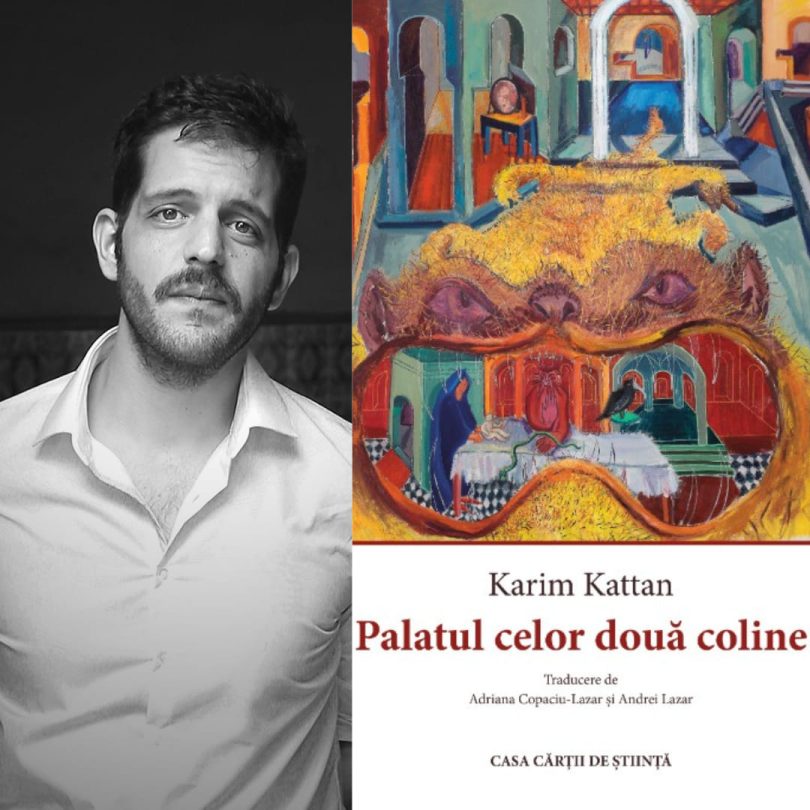
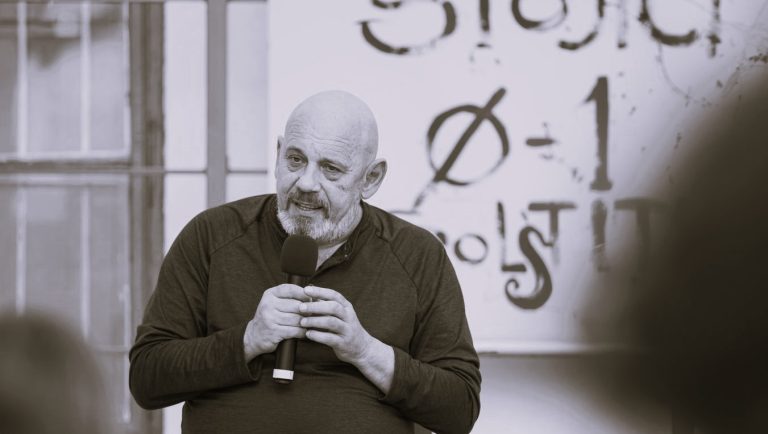
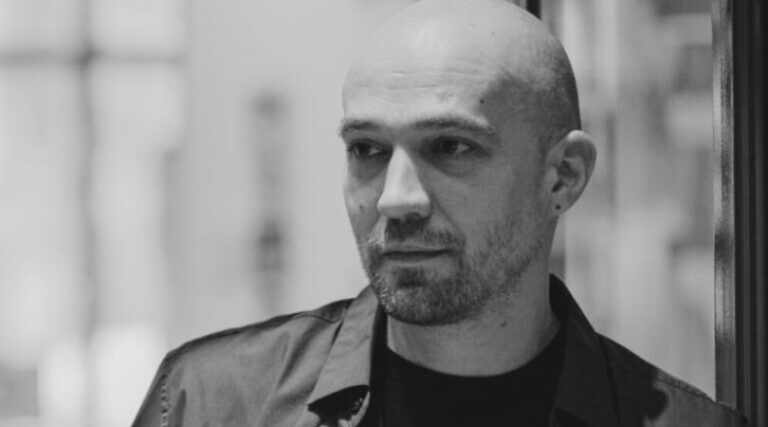
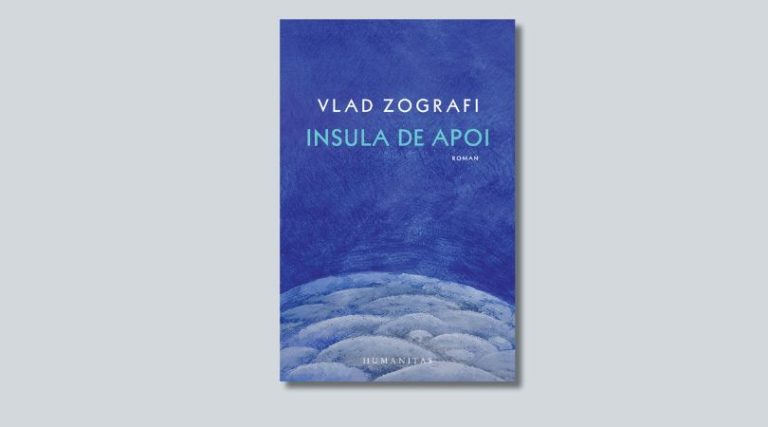
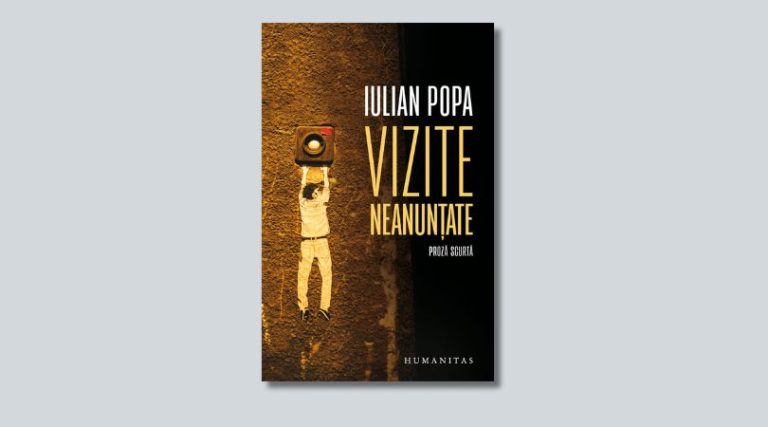
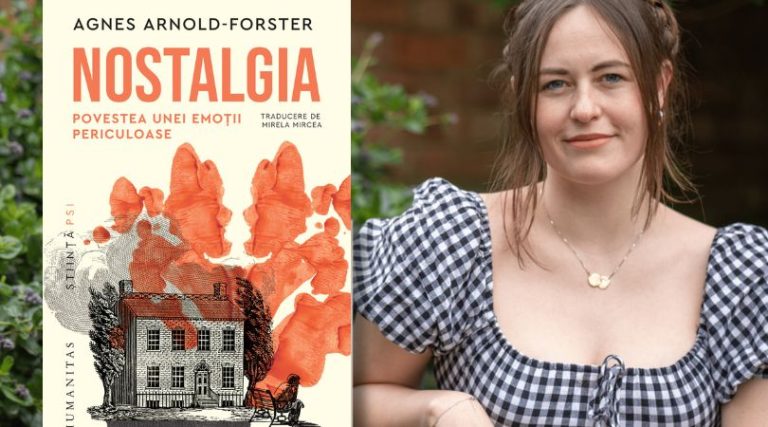
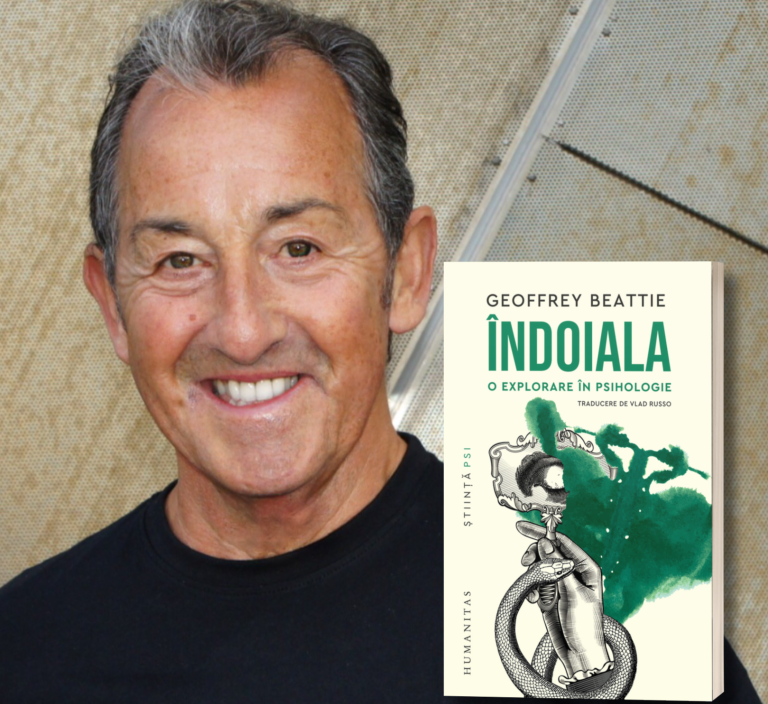
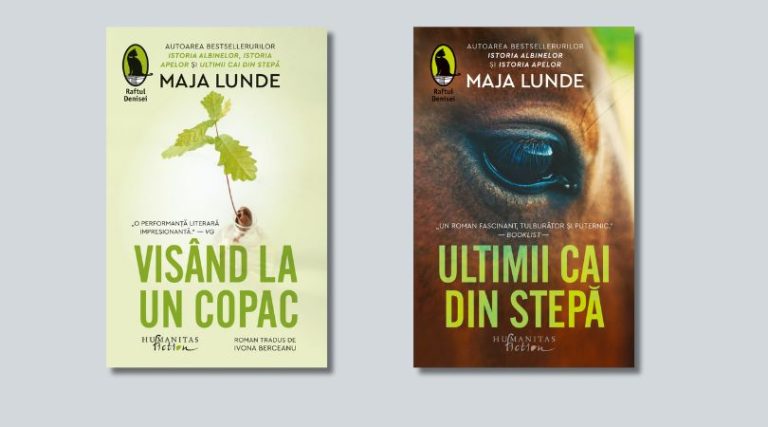

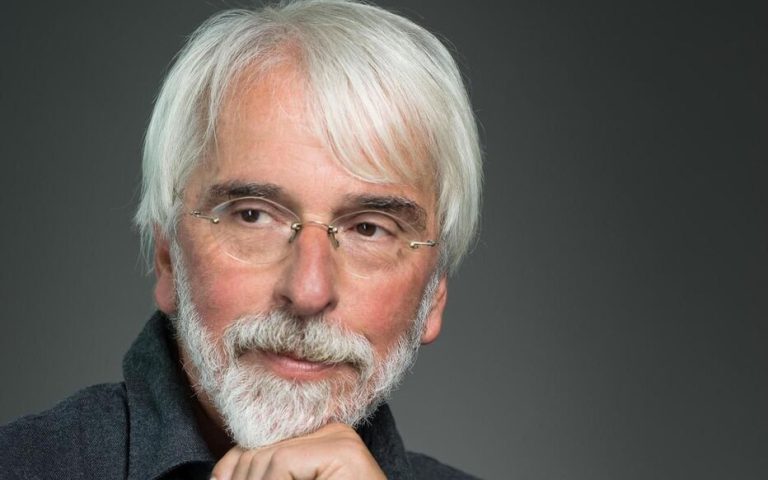
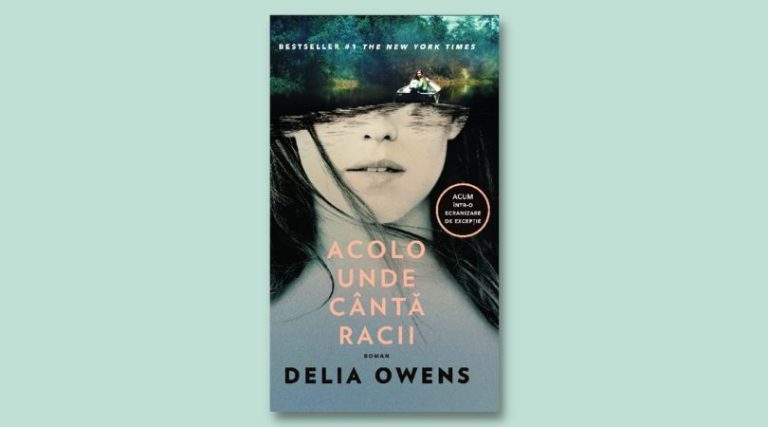

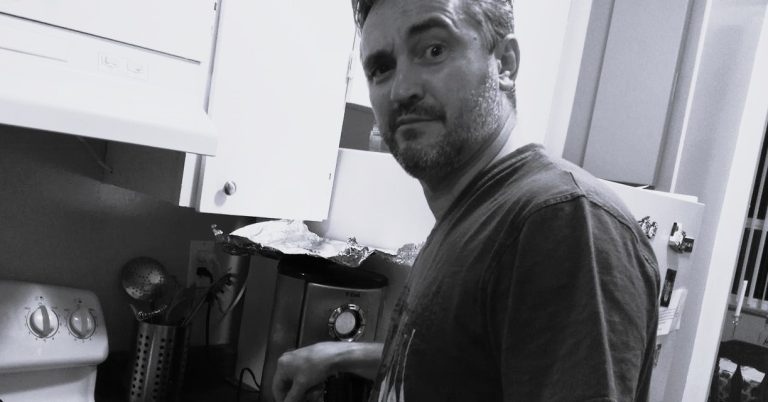
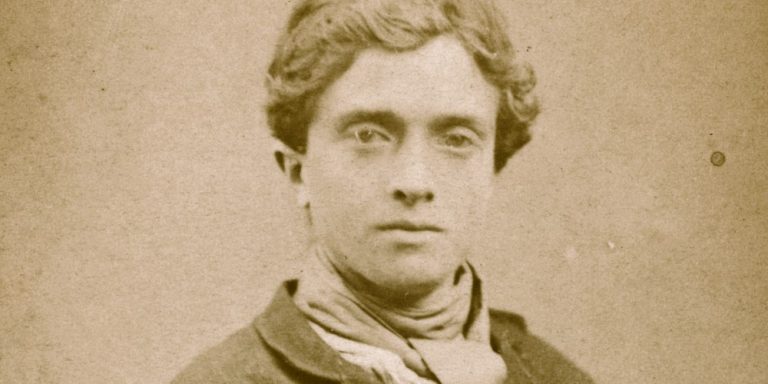
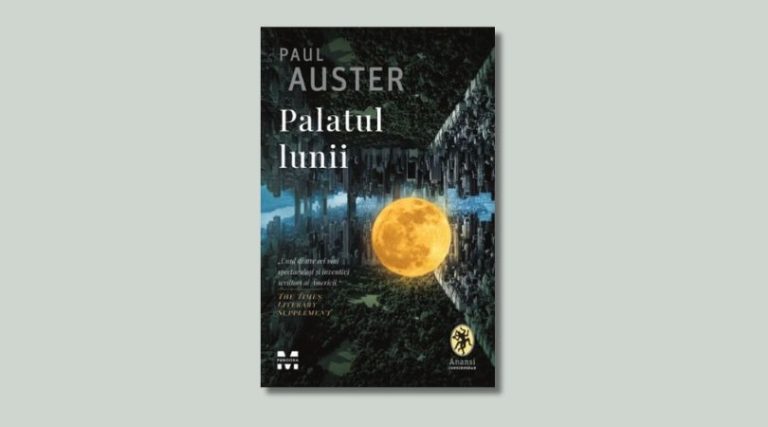





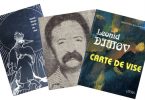

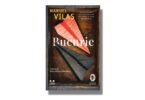

Scrie un comentariu